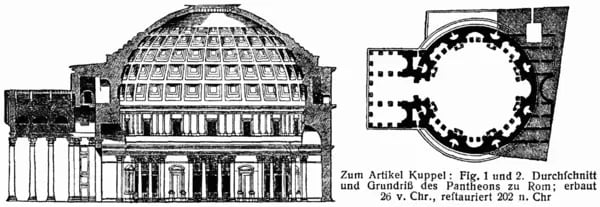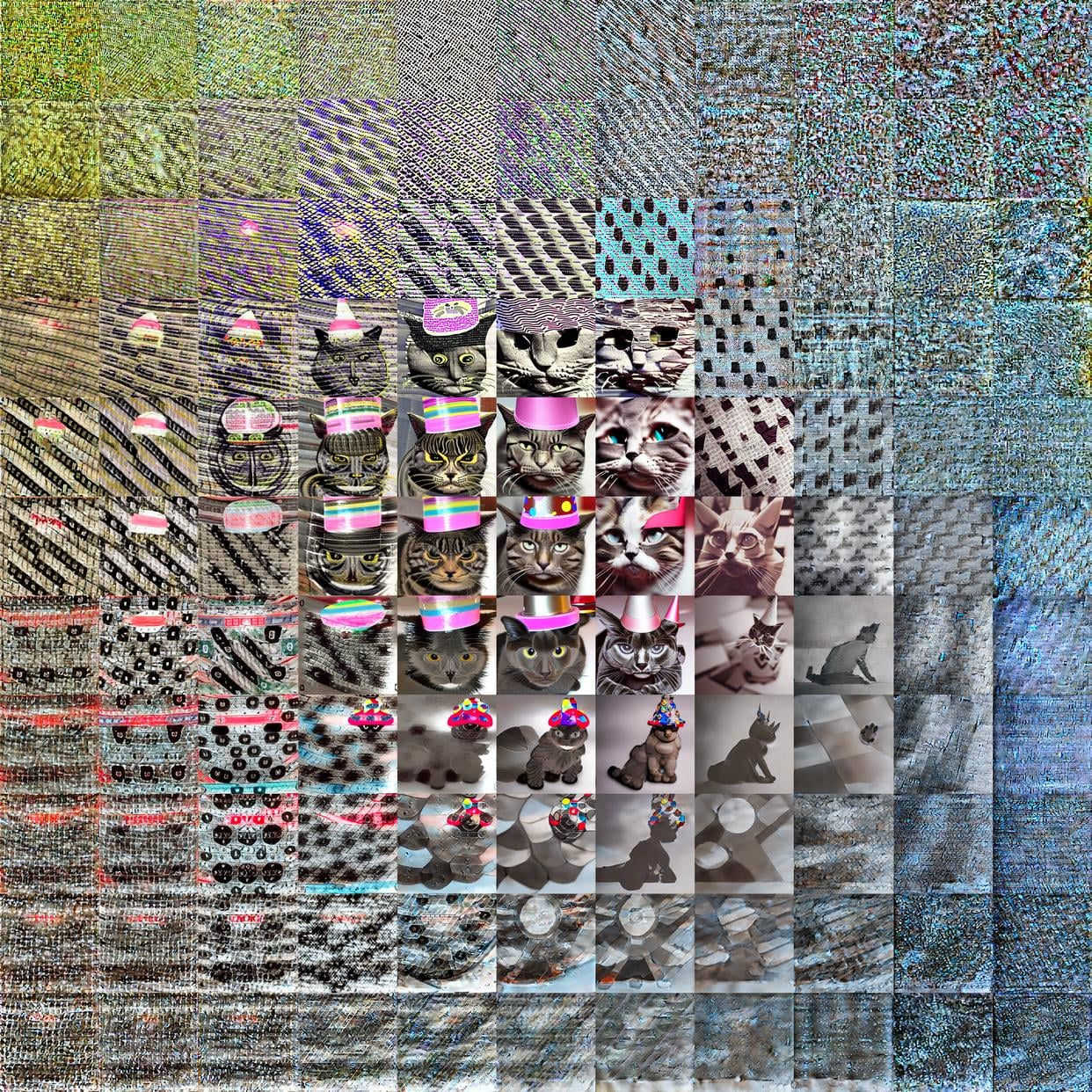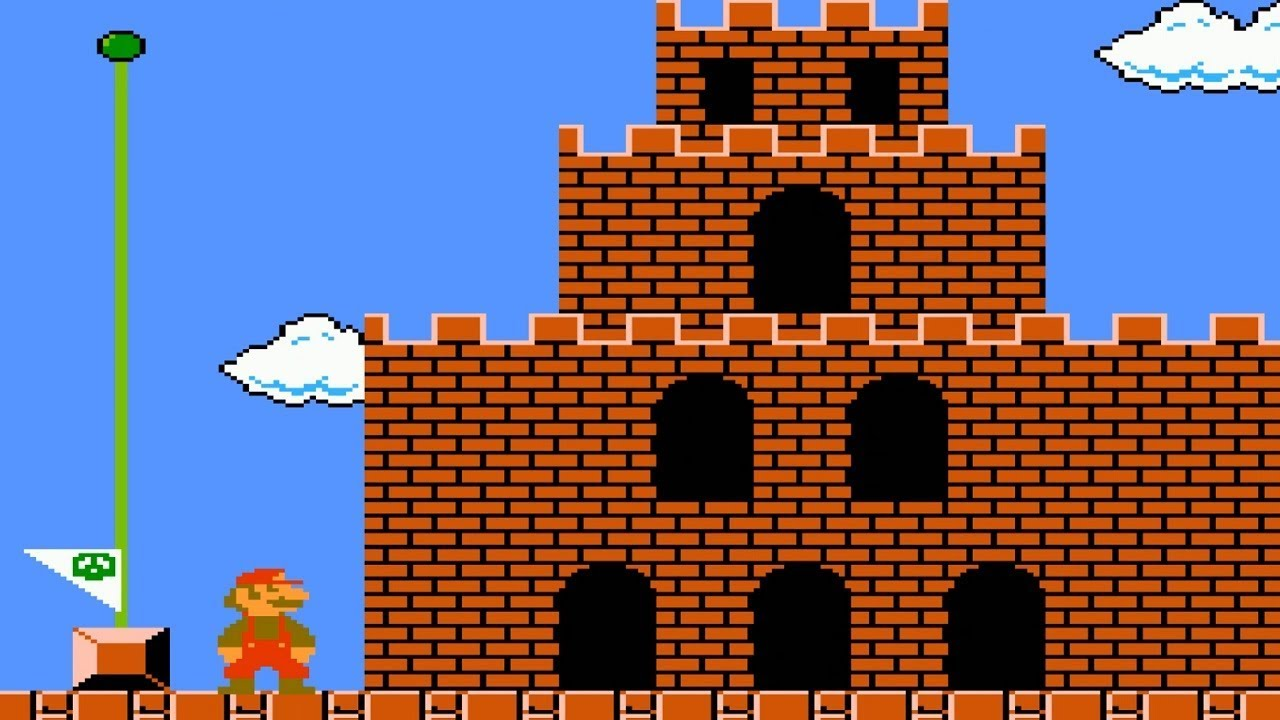created 2025-03-01, & modified, =this.modified
tags:y2025architecturenonsensevirtualrandom
rel: Inter-concept Image Representation Islands Survey of Being Lost
NOTE
This is mostly just playful.
On a post-it note on my desk, a random thought from years ago, faded pencil: confabulation- when I encounter the unknown, what if my mind preserves sanity by faking info or sense of feeling ok. I understand the unknown like this (a feeling or not feeling), but not truly. How to probe this unknown space directly.
What is the poché of a mind palace? In the structure of concepts, the absolute mind palace of all concepts, what is it like traversing these islands? To burrow into a conceptual wall.
Poché is an architectural term I’ve committed to memory. It’s the blackened uninhabitable zones in a floor plan, such as between walls. It defines an interior of a space. It is thought of as being non-traversable.
NOTE
I was recently at a small local natural history museum. In the center of the space was this painted tree, and along the edges were displays. Different animals or interactive elements were embedded in the walls. When I was exiting, I witnessed the poché through an open, off-limits staff door- as the space was actually larger than it seemed, just with small walkways surrounding it. The back of each display was rough and made of wood. There were labels so that the curators could know what was on the opposite side. Pipes and wires.

NOTE
It’s very intriguing to me, imagining some generational spaceship exploring vast reaches of space, and humans being almost like rat stowaways who construct strange cities between the walls etc. Or maybe something fucked up (droids took over/air got bad), and they were the original crew and now they just hide in spaces between things. Life in the interspace/poché.
During lockdown I was forced to evaluate different applications for spatial conferencing. It’s just funny that a lot of the applications tried to emulate real life, or went with more abstract representations (generally spheres).
Do we want something familiar when virtual, or something alien and optimized? A lot of our sociability is reliant on familiarity and pointing at shared communicative structures (like trying to describe abstract symbols you’d end up relying on “dog with a hat” even though it’s just a polygon.) Being completely alien is overhead.
Below: “poché surrounding a room”.

But really the potential virtual space is a bit untapped. Even primitive games will basically attempt to emulate a real world analog space and familiar things. I guess people playing Mario just aren’t interested in wondering who built the castles etc. They’ll resort to wikis and conversation to elaborate these details if so. They face invisible walls and inability to examine the insides of the bricks of a digital castle.

Generative or procedural spaces meant to be pleasingly human will generate sensible chunks (i.e. some familiar shapes like macro-lego pieces, a coherent corridor or room).
Now I’m just messing around, but maybe there’s a new adventure space in the realm of the impossible. We’ll make a game that traverses strange worlds. Like if you literally forced yourself to live between conceptual walls, or you and your small group explored possible virtual worlds, no matter how alien and un-room-like. Nothing was ever locked off.
Kind of like poché concept. That is the connection I’ve made here. Viewing Poché = Interconcept Image Representation, the uncharted space between concepts and the adventures had in traversing these islands. Fully steeped in the nonsensical space. Ultimately incoherent. Always lost. Maximally un-referential. Possibly damaging to your mind, in the way of a feralization.
You and your friends, who are adventurers of this space, don your VR headsets and spend ten hours in a totally generated space, harshly suboptimal. No room looks like a room we have on earth, at all. The voices generated, and the inhabitants of this nonsense land speak no language we speak here.
There is radio chatter between you all, as you push through the poché, spaces behind the human displays. Maybe your body reacts the same way as expected (though this could be a “grounded” leak into this unreality, in that being an embodied human, you bias the interactions you’d have with the generative space - i.e. what can I hold/see with these hands. It might be preferred to have your hands be a song, or corrosion or a rounding error.)
Maybe eventually you are your group of nonsense explorers latch onto words to describe the land. New concepts emerge. You find it possible to retrace, or a path that actually indicates something (rather than a twist into the unknown, you might learn to expect.)